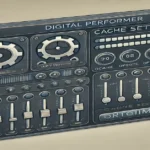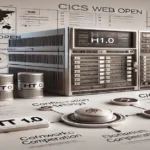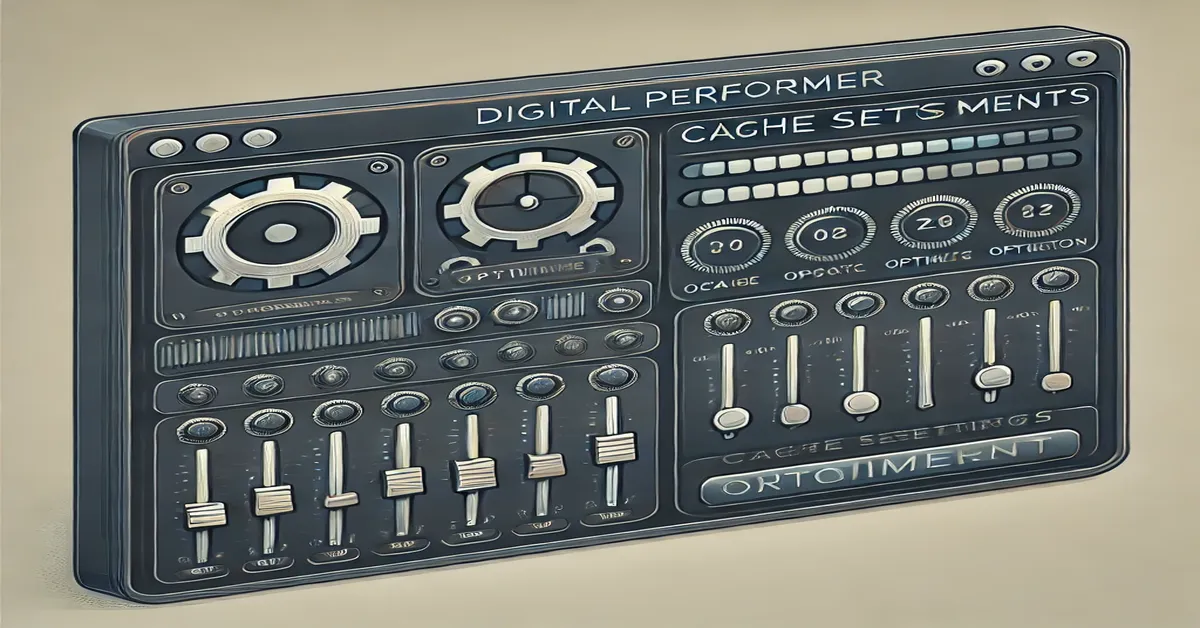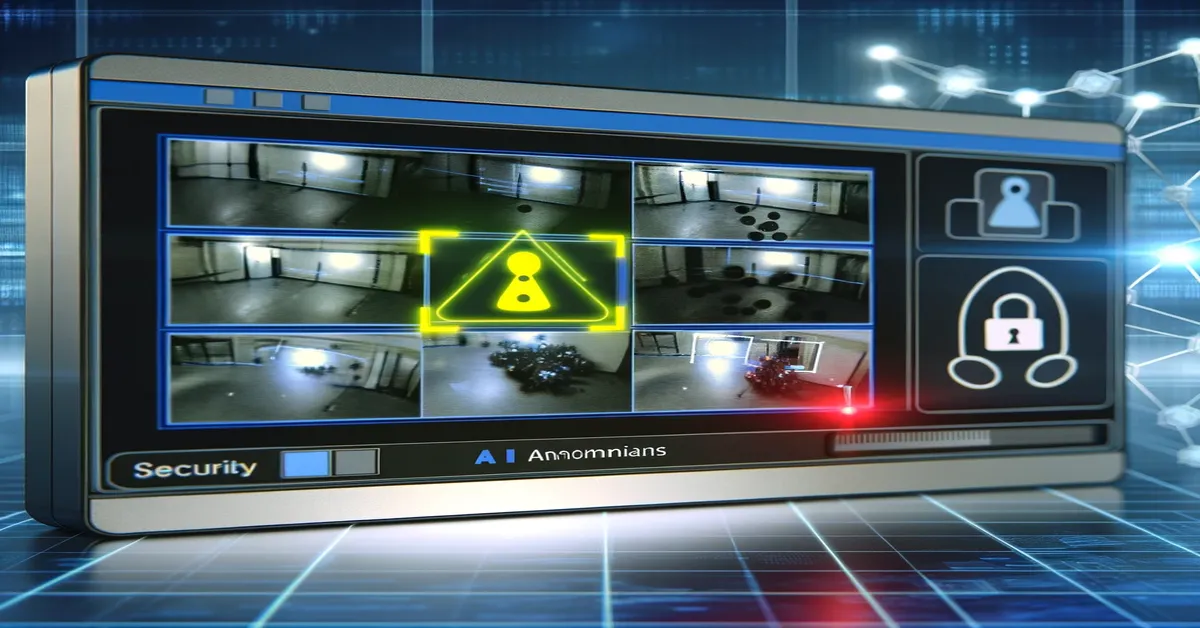Digital Performer (DP) by MOTU is a leading digital audio workstation (DAW), celebrated by musicians, producers, and audio engineers for its extensive capabilities in music production, mixing, and mastering. However, a frequently asked question among users is whether they can change cache in Digital Performer to optimize performance.
This guide will explore the concept of cache in Digital Performer, discuss how cache affects performance, and provide actionable steps for managing it. We’ll also address common concerns and clarify what you can do to maintain an efficient workflow within the DAW.
Understanding Cache in Digital Performer
Before diving into whether you can change cache in Digital Performer, it’s essential to understand what cache is and why it matters in audio production software. Cache files are temporary storage files that Digital Performer and other DAWs use to store frequently accessed data, reducing the load on the system and enhancing performance. Cache enables smoother operations, especially in complex projects involving multiple audio tracks and plug-ins.
In Digital Performer, cache files can encompass plugin data, project files, waveform previews, and other components necessary for the software to run seamlessly. However, unlike some DAWs, Digital Performer does not offer a built-in cache management feature to clear or modify cache files directly.
Why Cache Management Matters in Digital Performer
Cache files can accumulate quickly over time, particularly in professional settings where Digital Performer is used regularly. These files, while essential for efficient operation, can sometimes slow down the software if they become too large or corrupted. In certain cases, issues related to plugins or software updates may also be traced back to cache problems.
Key benefits of managing cache in Digital Performer include:
- Enhanced System Performance: Clearing or managing cache can reduce lag and improve DAW responsiveness.
- Increased Stability: Regularly refreshing cache files can help minimize errors, plugin conflicts, and crashes.
- More Disk Space: Removing unnecessary cache files can free up storage, especially on systems with limited drive space.
Can You Change Cache Settings in Digital Performer?
Direct cache management isn’t available in Digital Performer, but users can take alternative steps to indirectly affect how cache files impact performance. While there isn’t an “official” cache clearing button, users can delete or refresh specific cache files to achieve similar effects. This can be especially helpful after a major software update or the installation of new plugins, as these additions can cause cache conflicts.
Accessing and Deleting Cache Files in Digital Performer
One of the main cache files relevant to Digital Performer users is the Audio Unit Info Cache. This file stores information related to your audio plugins, and clearing it can resolve conflicts or issues with plugins not loading correctly.
To delete this cache:
- Navigate to the Cache Directory: Go to /Users/your_username/Library/Preferences/com.motu.MotuAudioSystem.
- Delete the Audio Unit Info Cache: Locate the Audio Unit Info Cache file and delete it. Note that deleting this file will trigger a rescan of all Audio Units (AUs) the next time you launch Digital Performer, which may take a few minutes.
Caution: Only delete cache files if you are experiencing performance issues or plugin conflicts, as unnecessary deletions can result in prolonged loading times on startup.
Refreshing Plugin Cache
If you encounter issues specifically with plugins, refreshing the plugin cache can resolve conflicts. Here’s how:
- Re-scan Plugins: In Digital Performer, go to your plugin management settings (usually located in the Preferences menu), and select the option to rescan plugins. This step reinitializes the plugin data, ensuring compatibility and proper loading.
- Manual Deletion of Problematic Plugins: In some cases, certain plugins may cause conflicts within Digital Performer. Removing and reinstalling these plugins can sometimes help, as it forces a cache refresh specific to that plugin.
Optimizing Digital Performer for Better Cache Management
While there is no direct cache-clearing feature in Digital Performer, following these tips can help maintain smooth performance and prevent cache-related issues from impacting your workflow.
Regular Maintenance
Keeping your Digital Performer software up-to-date can help reduce the chances of cache buildup causing issues. MOTU regularly releases updates that optimize software performance, so enabling automatic updates or regularly checking for new versions is a good practice.
Manage Disk Space
Cache files take up space on your hard drive, so it’s important to monitor your system’s storage capacity. Regularly deleting unneeded project files and backups can also free up space, ensuring that cache files don’t contribute to a cluttered system.
Consider External Storage Solutions
For users dealing with large audio files or high numbers of plugins, using an external drive can help keep your main system disk clear and optimized. This approach can prevent cache files from overloading your primary drive and allow Digital Performer to run more smoothly.
Limit Active Plugins
Using multiple plugins simultaneously can strain system resources and contribute to cache issues. Limiting the number of active plugins in a project or bouncing tracks to audio when possible can help reduce the cache load, ensuring better performance.
Troubleshooting Common Cache Issues in Digital Performer
Cache-related issues can sometimes arise unexpectedly, affecting plugins, performance, or even causing crashes. Here’s a quick troubleshooting guide to handle some of the more common problems.
Plugin Compatibility Issues
When certain plugins fail to load or cause Digital Performer to crash, the issue might stem from outdated or conflicting cache data. Deleting the Audio Unit Info Cache file and rescanning plugins can often resolve this issue.
Lag or Slow Performance
If Digital Performer runs slower than usual, excess cache files may be one of the contributing factors. Regularly clearing out temporary files from your Library or performing a fresh install of Digital Performer may help restore performance.
Crashes During Startup
A common sign of cache-related issues is crashes on startup. In such cases, clearing the Audio Unit Info Cache and ensuring that all plugins are updated to their latest versions can often prevent crashes.
Alternative Solutions for Managing Cache in Digital Performer
While Digital Performer lacks an in-built cache management tool, a few third-party utilities and strategies can help with system optimization, indirectly improving the performance of Digital Performer.
Disk Cleanup Utilities
Several applications are designed to help clean temporary files and system cache, which can contribute to a smoother experience with Digital Performer. Tools like CleanMyMac or DaisyDisk allow users to clear unnecessary files without deleting critical DAW data.
System Optimizers
System optimizers like CCleaner or Onyx can assist in managing system cache files that indirectly affect Digital Performer’s performance. These tools clean up various system and application cache files, freeing up memory and improving processing speeds.
Memory Management Software
Programs that monitor memory usage, such as Memory Clean or Dr. Cleaner, can identify apps or background processes consuming excessive resources. Closing these applications before launching Digital Performer can ensure that your DAW has more available memory for seamless performance.
Conclusion
While Digital Performer doesn’t provide direct cache management options, understanding how to access and manage cache-related files can improve your experience significantly. By deleting the Audio Unit Info Cache when necessary, keeping plugins up-to-date, and utilizing system cleanup tools, you can maintain a smooth, efficient workflow in Digital Performer.
If you’re experiencing lag or plugin issues, these methods can be helpful in restoring optimal performance, letting you get back to creating music without unnecessary interruptions.
FAQs
1. Can you directly change the cache in Digital Performer?
No, Digital Performer doesn’t have a direct cache management feature, but you can delete specific cache files.
2. Where can I find the Audio Unit Info Cache?
It’s located in /Users/your_username/Library/Preferences/com.motu.MotuAudioSystem.
3. Will deleting cache files affect my plugins?
Deleting the cache may cause Digital Performer to rescan plugins on the next launch.
4. How often should I clear cache files?
Only clear cache files when experiencing issues with plugins or performance.
5. Do I need special software to clear cache in Digital Performer?
No, but third-party tools like CleanMyMac can help optimize overall system performance.















